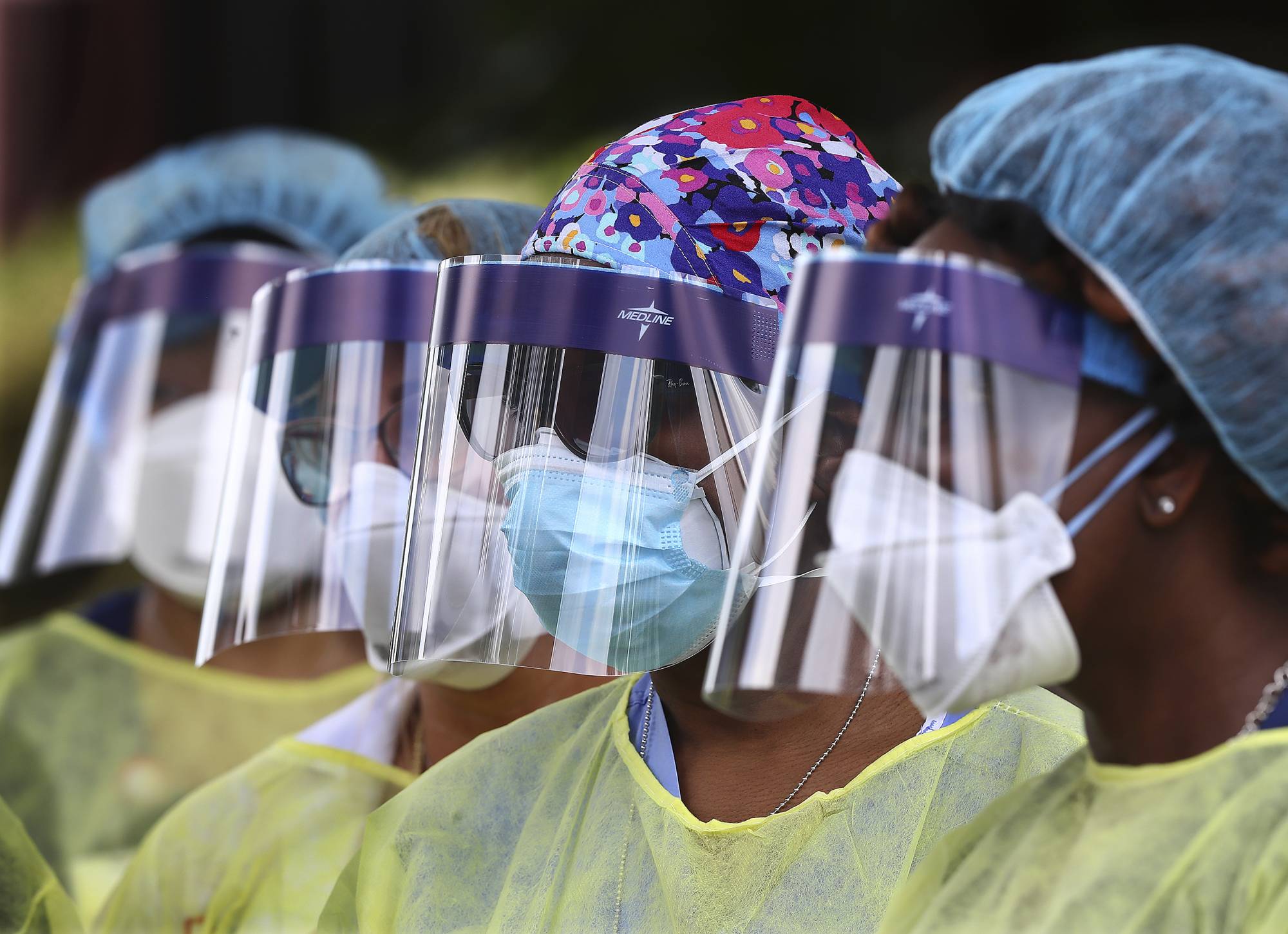The new coronavirus pandemic has exposed some unpleasant things about human society — in particular the way systematic discrimination has made certain groups, such as black and Hispanic Americans, more vulnerable. But as I examine the evidence, a bigger question arises: Has our failure to address deep divisions of race and class actually made this shock much worse than it needed to be for everyone? In other words, did humanity’s social ills in a sense cause the crisis?
What got me thinking was a new study that the organization Measures for Justice conducted in Milwaukee. It finds that a neighborhood’s incarceration rate is the best predictor of how badly COVID-19 hit its people. This makes sense in a terrible way, because mass incarceration is the extreme expression of American social structure: The nation’s policing systems, which not coincidentally emerged from the slave-catching patrols of the old South, disproportionately imprison people who are poor, of color and generally considered "other.”
The researchers surmise that, over time, concentrated incarceration weakens communities by disrupting families and undermining both physical and economic well-being. Then COVID-19 comes along and exploits this weakness, creating a base from which to spread illness and death.



















With your current subscription plan you can comment on stories. However, before writing your first comment, please create a display name in the Profile section of your subscriber account page.